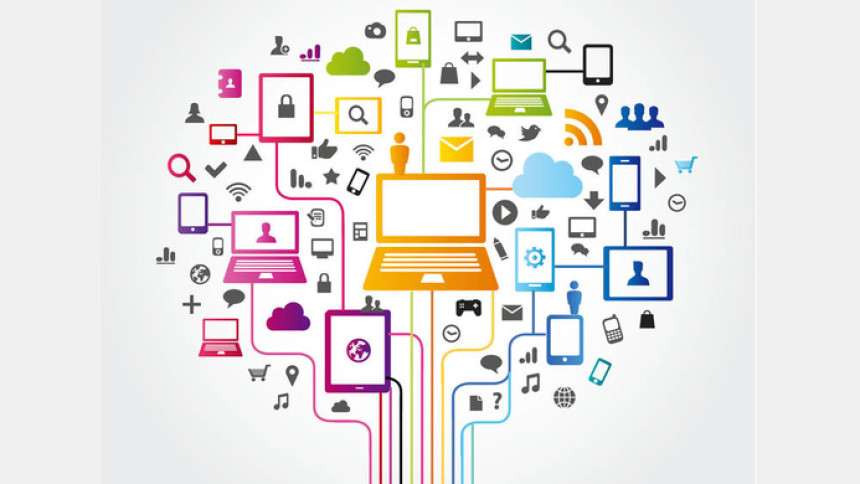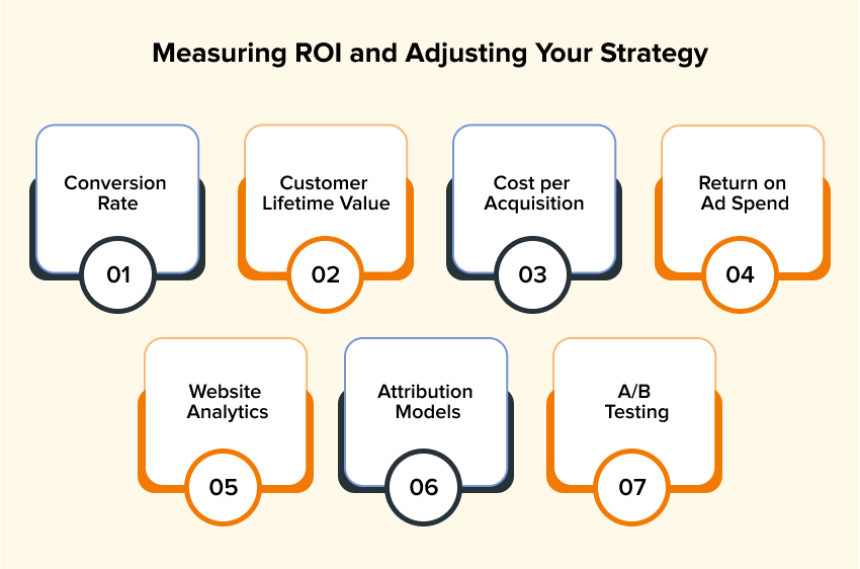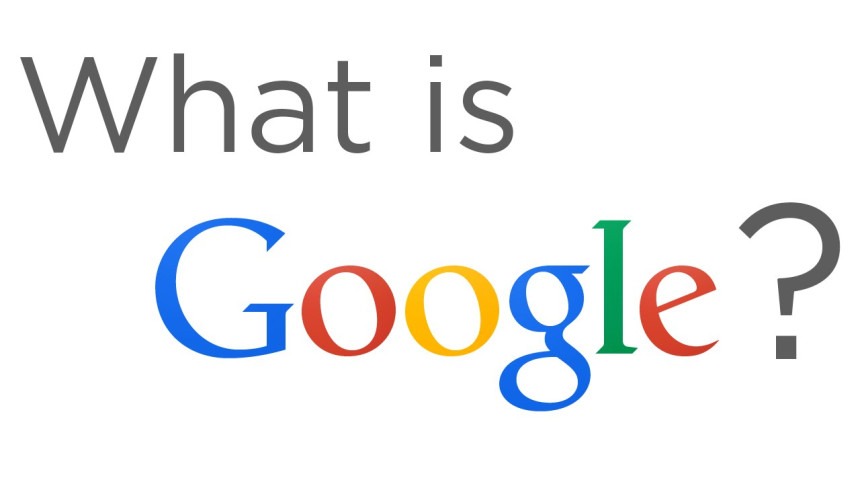
Hashtags
2 years ago
Hashtags
#what-is-this
What is Information?
Information refers to data, facts, or knowledge that is organized and communicated in a meaningful context. It is a fundamental concept in various fields, including communication, computer science, mathematics, and information theory.
Here are some key points about information:
- Organized Data: Information is derived from data, but it goes beyond raw facts or figures. It involves the organization, structure, and interpretation of data to provide meaning and context.
- Communication: Information is often communicated through various channels, including spoken or written language, visual representations, symbols, and digital formats. It is the medium through which knowledge is shared.
- Context-Dependent: The meaning of information depends on the context in which it is presented. The same set of data can convey different information depending on how it is organized and interpreted.
- Quantifiable in Information Theory: In information theory, information can be quantified in terms of bits. A bit is the most basic unit of information and represents a binary choice (0 or 1). The more uncertain a message is, the more bits are needed to convey it.
- Subjectivity: The interpretation and understanding of information can be subjective, as it depends on the individual's background, knowledge, and perspective. What is meaningful to one person may not have the same significance to another.
- Redundancy and Efficiency: In communication theory, redundancy refers to the repetition of information. While it may seem inefficient, redundancy is important for error correction and ensuring that messages are reliably received.
- Transformation and Processing: Information can be transformed, processed, and analyzed to extract valuable insights or to perform specific tasks. This is a key aspect of fields like data science and artificial intelligence.
- Storage and Retrieval: Information can be stored in various forms, such as books, digital files, databases, and memory systems. Retrieval mechanisms allow us to access stored information when needed.
- Critical for Decision-Making: In various contexts, having accurate and relevant information is crucial for making informed decisions. This applies to fields like business, science, healthcare, and many others.
- Evolution of Information Technology: The rapid advancement of technology has revolutionized the way information is created, stored, processed, and transmitted. The internet, for example, has drastically changed how we access and share information.
- Ethical Considerations: The dissemination of information also raises ethical considerations, including issues of privacy, copyright, misinformation, and responsible communication.
Overall, information is a fundamental concept that plays a central role in human communication, learning, decision-making, and the advancement of knowledge across various domains. It is a cornerstone of modern society and continues to shape our understanding of the world.





